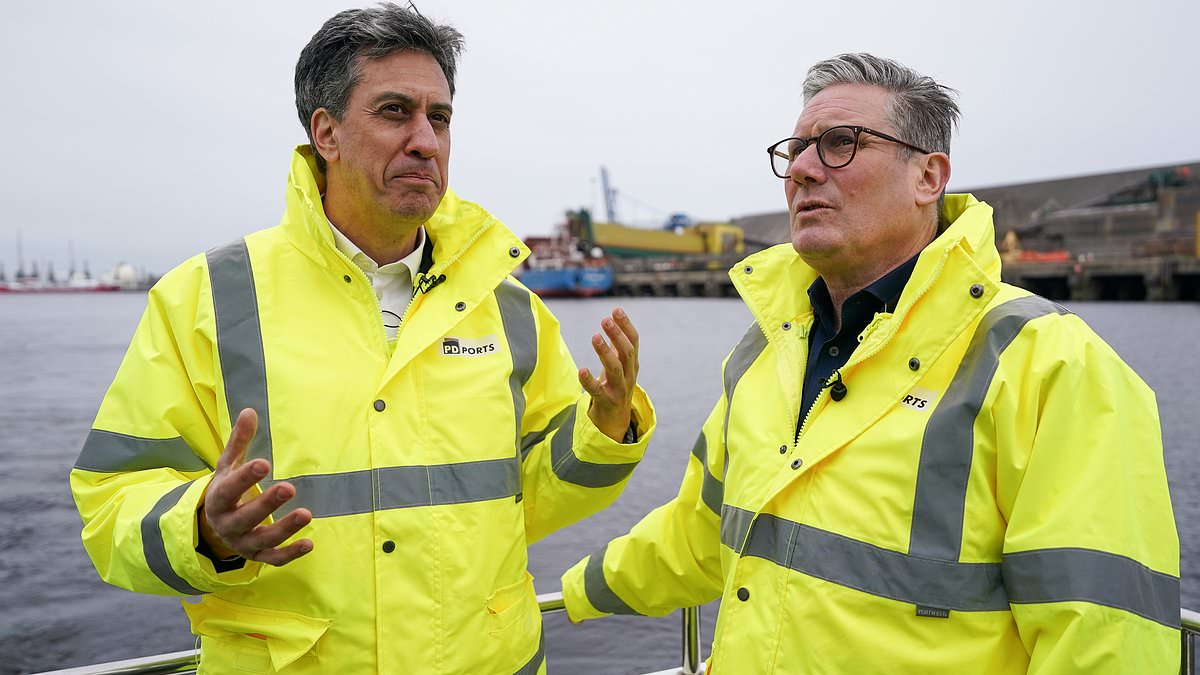In a stark warning, business leaders caution that up to 100,000 jobs could be in jeopardy if Labour pushes forward with its proposed measures against oil and gas drilling in the North Sea.
The Aberdeen Chamber of Commerce estimates potential losses of £30 billion in investment and £20 billion in tax receipts by 2029.
Already grappling with a windfall tax imposed by the Tories post-Russia’s invasion of Ukraine, the energy sector faces further uncertainty due to Labour’s plans.
These include raising the levy on profits from 35% to 38% and eliminating tax incentives for reinvested fossil fuel profits.
Concerns and Criticism
Critics argue that such policies could prompt oil and gas companies to relocate abroad, adversely affecting both energy supply and tax revenue.
The Aberdeen Chamber of Commerce warns of a possible ‘open revolt’, with Chief Executive Russell Borthwick cautioning that the path to net zero emissions risks becoming a “road to nowhere” amidst plummeting confidence.
Regional Impact on Jobs
The potential loss of 100,000 jobs spans across the UK, with significant concentration in Aberdeen and the north-east of Scotland.
Concerns peaked recently amid reports—later clarified—that new drilling licences, including those pending approval, might face restrictions under Labour’s directives.
Transition to Renewables and Future Challenges
Labour aims for zero-carbon electricity by 2030, a goal experts support but fear could lead to a sudden halt in investment if the transition to renewables is mishandled.
Such a scenario could profoundly impact the 200,000 jobs currently supported by the oil and gas sector nationwide.
This evolving policy landscape underscores the delicate balance between environmental targets and economic stability, particularly in regions heavily reliant on traditional energy sources like the North Sea.
TDPel Media
This article was published on TDPel Media. Thanks for reading!Share on Facebook «||» Share on Twitter «||» Share on Reddit «||» Share on LinkedIn
